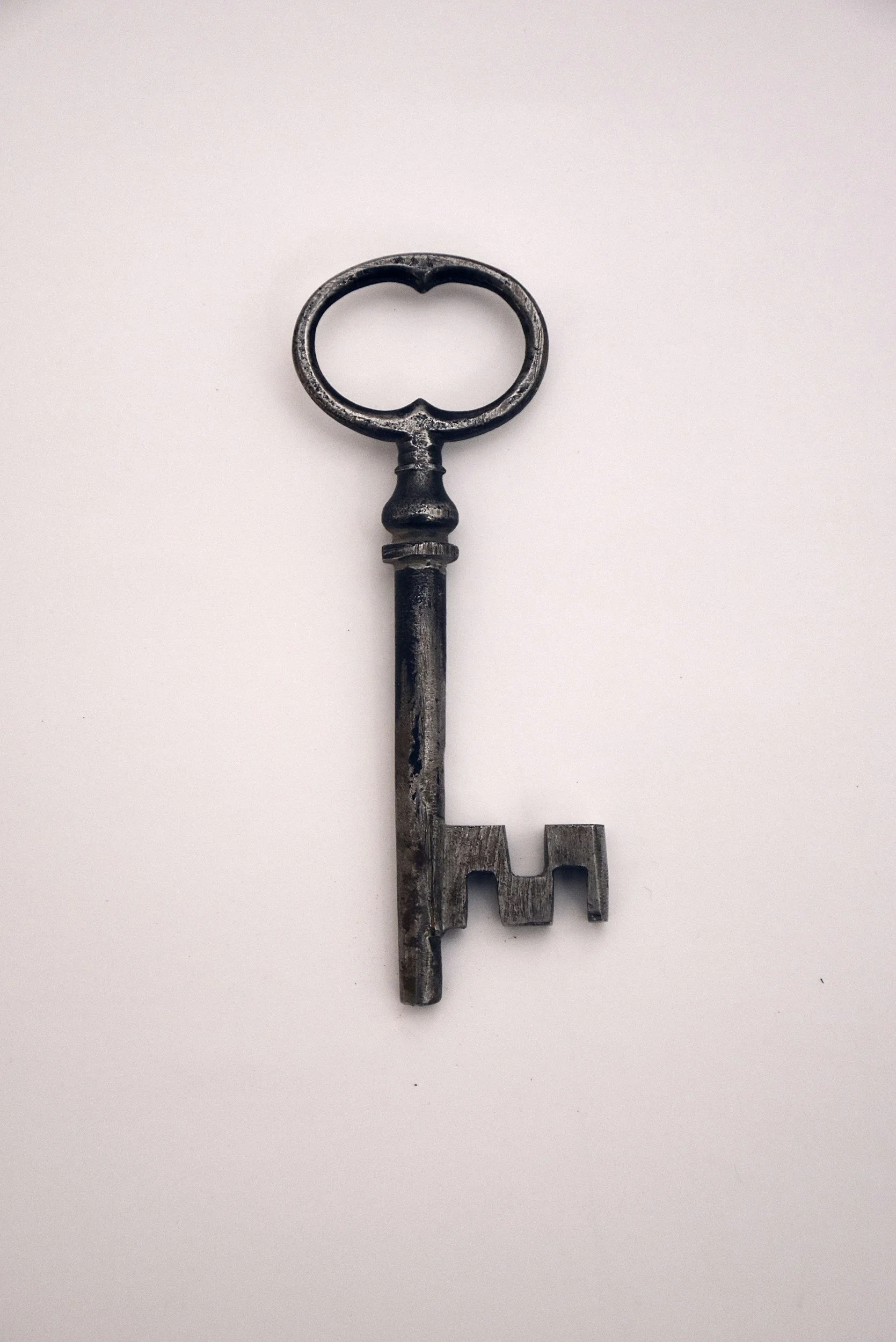Why You Still Feel Like a Fraud (Even Though You’re Crushing It)
You’re leading meetings, managing clients, balancing a million demands—and yet, you still feel like a fraud.
Like at any moment someone will realize you have no idea what you’re doing.
Sound familiar?
Imposter syndrome is more than self-doubt—it’s a chronic disconnect between how others see your capabilities and how you see yourself.
It’s rampant among high-achieving professionals like entrepreneurs, financial advisors, and architects—especially those from underrepresented backgrounds or families that tied love to achievement.
And here’s the truth: if you don’t address it directly, it won’t just fade with more success. It’ll follow you into every next level.
Let’s break down what’s really going on—and what you can do about it.
What Is Imposter Syndrome?
Imposter syndrome is a psychological pattern where you dismiss your accomplishments, fear being “found out,” and quietly believe you don’t belong—despite evidence to the contrary.
Here’s how it often shows up in professionals like you:
You attribute success to “luck” or external factors, never your own skill.
You obsess over every critique but brush off praise.
You feel guilt or anxiety when doing well, as if you’re deceiving someone.
You compare yourself to peers and constantly feel behind.
You set unrealistically high standards—and beat yourself up when you don’t meet them.
Sound familiar?
These patterns aren’t character flaws. They’re nervous system patterns, usually shaped by early family messaging and the environments you’ve had to survive or succeed in.
The Hidden Roots of Your Inner Critic
Imposter syndrome isn’t just about low self-esteem. It’s often a nervous system response to environments that made you feel unsafe, unseen, or like your worth depended on performance.
Maybe you…
Grew up in a high-expectation household where only achievement earned approval.
Were one of the few women or minorities in a male-dominated or elite field.
Learned early on to be the best, the smartest, the most helpful—to stay emotionally safe.
As an EMDR-trained therapist working with entrepreneurs and financial professionals, I see this all the time: the body is still wired to protect you from being “too visible.”
So when success starts to grow?
Your system might quietly freak the fuck out.
This Is What Actually Helps (Hint: Not Just Thinking Positively)
Let’s be clear—no affirmation or motivational quote will cure imposter syndrome.
To really shift it, you have to:
Rewire your nervous system’s response to visibility and success
Reframe your inner critic with logic and compassion
Practice actions that reinforce your self-trust and capacity
EMDR therapy, somatic work, and honest reflection are core to this.
But below are a few unique tools that I share with clients to get you started now!
3 Unexpected Tips to Stop Feeling Like a Fraud
1. Brag Like It’s Your Job (Because It Kind Of Is)
Create a “Brag Book.” Each day for a month, jot down 3–5 wins—big or small.
Closed a deal? Brag it. Didn’t lose it on a rough day? Brag it.
This rewires your brain to notice your competence, not just your mistakes.
And when imposter thoughts come up, you’ve got receipts.
2. Shake Up Your Perfect Little World
Perfectionism fuels imposter syndrome.
So disrupt it—gently.
Send an email without rereading it 3 times. Let a Zoom call show your messy bookshelf.
This isn’t about being careless. It’s about proving to your system that you don’t need to be perfect to be worthy or effective.
3. Rehearse Like an Athlete, Not a Fraud
Sit comfortably, close your eyes, and visualize yourself in the exact scenario that triggers your imposter feelings: presenting to the board, accepting an award, raising your rates.
Your nervous system doesn’t fully distinguish between real and imagined experiences.
The more you mentally practice success, the less foreign—and threatening—it becomes.
You Don’t Have to Prove Yourself Anymore
Entrepreneurs, architects, financial professionals—you’ve already proven yourself…
But imposter syndrome won’t let you feel it
That’s the trap!
This isn’t about achieving more. It’s about feeling safe in your own competence, grounded in your body, and no longer hijacked by fear every time you grow.
Therapy can help you get there—especially when it integrates EMDR, nervous system work, and a no-BS understanding of your high-pressure world.
Listen, this isn’t for everyone.
This work is for the real ones—the professionals who are done pushing through the same self-doubt and are ready to do something about it for real.
If you’re ambitious, high-performing, and tired of the inner critic stealing your wins, you’re already ahead of the game.
Let’s see if we’re a good fit — reach out.
Take the first step toward quieting the self-doubt and actually feeling the success you’ve earned.
I’m one of the best therapists if you’re seeking mental wellness as an entrepreneur and high-achiever.
I provide online therapy in Washington, Wisconsin, Colorado, Oregon, Arizona, and Florida.
I also offer specialized EMDR therapy for the deeper, more stubborn patterns that still run the show.
You deserve to live your life from a place of grounded confidence, not performative survival. I’m here when you’re ready.





